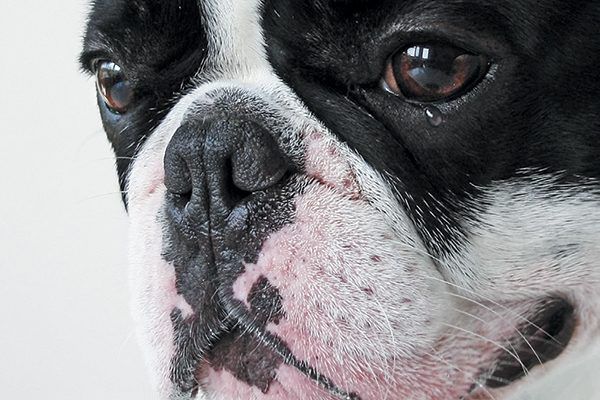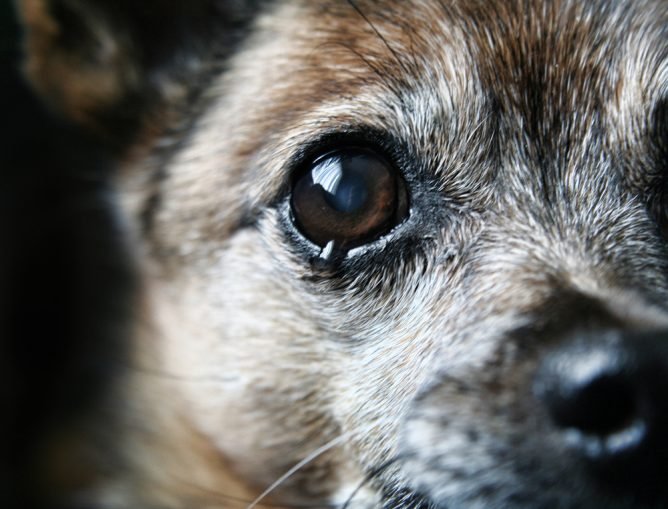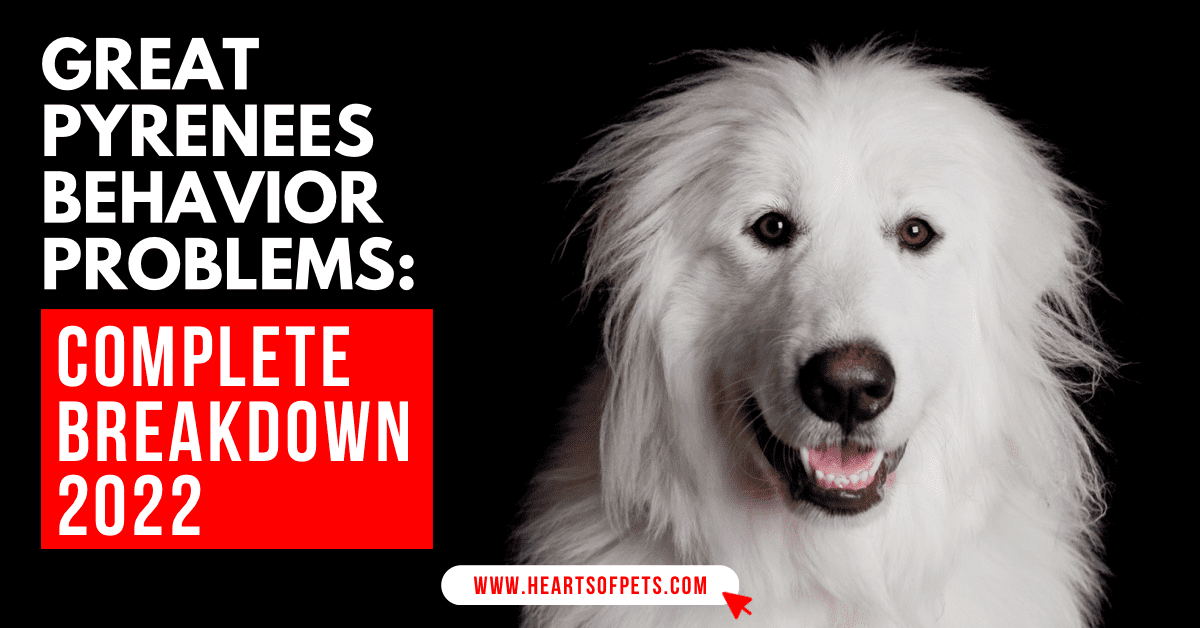Just like humans, dogs have emotions too. Do dogs cry when feeling sad, hurt, and scared? And can they cry tears of joy, too?

Dogs don’t shed emotional tears as we do. However, they may experience sadness and pain to the same degree that humans do. Dogs produce tears, but they’re not crying because of their emotions. So why do dogs cry?

Dr. Austin, a veterinarian at Bond Vet, said, “Like humans, a dog’s tears help their eyes function properly and provide some degree of protection. A dog’s tears are functional in nature, including basal tears (the fluid that keeps the eyes lubricated) and reflex tears (extra tear production that flushes the eye in the case of irritation or a piece of dirt stuck in the eye).”
Dogs can produce tears to take care of their eyes just like humans, but you won’t see a dog crying because she’s sad or injured. If you see tears on your dog’s face, she might not be sad but there are some other reasons why they could occur.

Your pup might be suffering from watery eyes due to many reasons, such as:
•Allergies — Dogs can have allergies just like people do. There are many different things that can trigger allergies in dogs, such as pollen and dust. These allergens cause their eyes to water.
•Irritants, like dust, dirt, or eyelashes — Your dog’s watery eyes should feel better as soon as the irritation is gone.
•Blocked tear duct — If your dog’s tear ducts are blocked, they might experience epiphora. This leads to skin irritation and stained fur (a brown or reddish color) around their eyes.
•Scratched cornea — Dogs may be rough when playing and this can cause a scratched cornea. You might also notice blinking or an inflamed eye in addition to tears, as well.
•Infection — If your dog has an eye infection, you might notice yellow tears and mucusy or bloody discharge.

Watery eyes might not always be a symptom of medical issues. “Some breeds, especially those with short noses, might naturally have more watery eye discharge than other breeds due to their conformation [or body structure]. This may be normal so long as no other symptoms occur, and usually, it’s only a cosmetic issue that doesn’t require treatment. But ask your vet if you’re not sure,” Dr. Austin said.
If you’re unsure about symptoms your dog’s displaying, it’s better to ask your vet about it.
If you know someone who might like this, please click “Share”!






